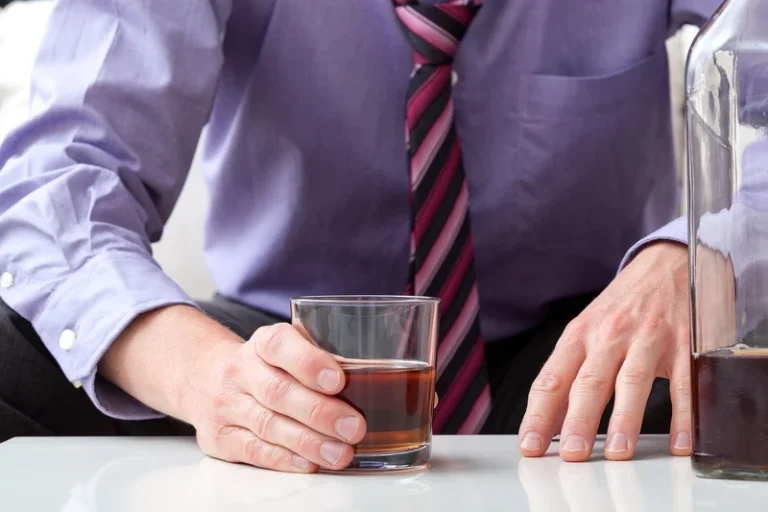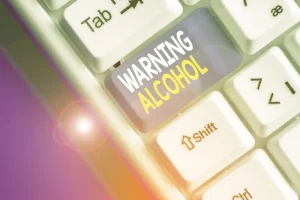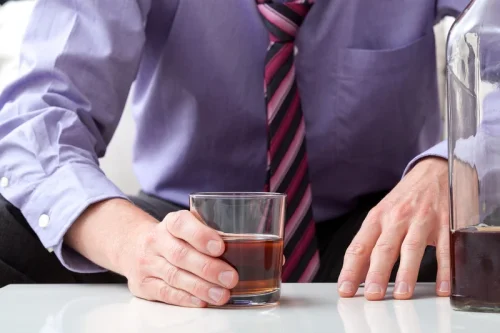Rapid Alcohol Detox: Side Effects And Risks
Mart 29, 2024
Opioid withdrawal symptoms typically last five days, while symptoms of benzodiazepine withdrawal can last several weeks. Cocaine withdrawal symptoms may persist for up to 10 days after the last use. Alcohol withdrawal can be incredibly uncomfortable and even dangerous. Depending on a person’s level of addiction, they may need to attend a medically supervised detox program https://ecosoberhouse.com/ to prevent potentially life-threatening symptoms from occurring.
Top doctors in ,
But severe or complicated alcohol withdrawal can result in lengthy hospital stays and even time in the intensive care unit (ICU). People with alcohol use disorder should be monitored by a medical professional when withdrawing from alcohol. Moderate to heavy drinkers can also benefit from medical supervision in the acute withdrawal stage. A rare but very serious syndrome called delirium tremens can occur during alcohol withdrawal.
Cravings, Stomachache, and Anxiety
By the end of this first month, your recovery will be well underway, and your struggle with alcohol will begin to become more of a distant memory than a recent struggle. After two weeks without alcohol, the benefits will start to compound. You will probably be well out of withdrawal and mostly recovered from the ordeal. By this point, alcohol detox side effects you will have had about 6,000 fewer calories than you would have previously during a two-week period.
Physical Effects When You Stop Drinking

It can make your family and friends feel as if you are choosing an addiction over them and cause you to act in ways that are destructive to relationships. The effects of alcohol can even make you abusive or cause you to harm others emotionally. Alcohol can cause inflammation and damage to your liver when used heavily over prolonged periods. After stopping alcohol, inflammation in your liver caused by alcohol will subside. Most of this inflammation will be gone by your fourth week of abstinence.
- If severe symptoms like delirium tremens are present, death can become a very likely outcome.
- Delirium tremens (DTs) is one of the most serious side effects of alcohol withdrawal.
- The main ways to prevent alcohol withdrawal are to avoid alcohol altogether or to get professional help as soon as possible if you think you’re developing alcohol use disorder.
- Traditional medical detox programs, on the other hand, often are covered by health plans, and even out-of-pocket don’t typically have as high a price tag.

Finding a therapist can also be a great starting point if you’re uncomfortable opening up to your healthcare professional. Exploring, in writing, what you find difficult and when you most want to drink can help you notice patterns that offer more insight into your alcohol use. Comparing the emotions that come up when you have a drink with the feelings you experience when abstaining also helps you recognize when drinking doesn’t fix the problems you’re trying to manage.
- The severity of alcohol withdrawal is categorized into three stages.
- “I’m feeling fantastic. I have lost weight, and my skin looks amazing I suffered from rashes all over my body and face. My energy and confidence are back. It is wonderful.”
- But if you’re committed to sobriety, it’s possible to achieve your goal.
- We recommend reaching out to others who are also going through withdrawal or joining group therapy.
Alcohol withdrawal

An outpatient alcohol detox program may be suitable for people with mild alcohol dependence, those with a strong support system, or those who lack access to inpatient care. People with chronic or severe alcoholism can be at risk for severe withdrawal symptoms, including seizures. In general, the course of alcohol withdrawal is highly variable and somewhat unpredictable. Screening and assessment tools do not allow physicians to predict with confidence who will or will not experience life-threatening symptoms. Alcohol withdrawal causes a range of symptoms when a person with alcohol use disorder stops or significantly decreases their alcohol intake.
- Alcohol withdrawal delirium (AWD), commonly known as delirium tremens (DT), is the most serious symptom of alcohol withdrawal.
- Depending on how long you have used alcohol and how much you typically drink, the severity of these symptoms can range from mild to severe.
- When side effects of alcohol withdrawal are serious, they can be managed with benzodiazepines such as chlordiazepoxide (Librium), lorazepam (Ativan), diazepam (Valium), and alprazolam (Xanax).
- This is because alcohol can cause dehydration, which can lead to dry, dull skin.
